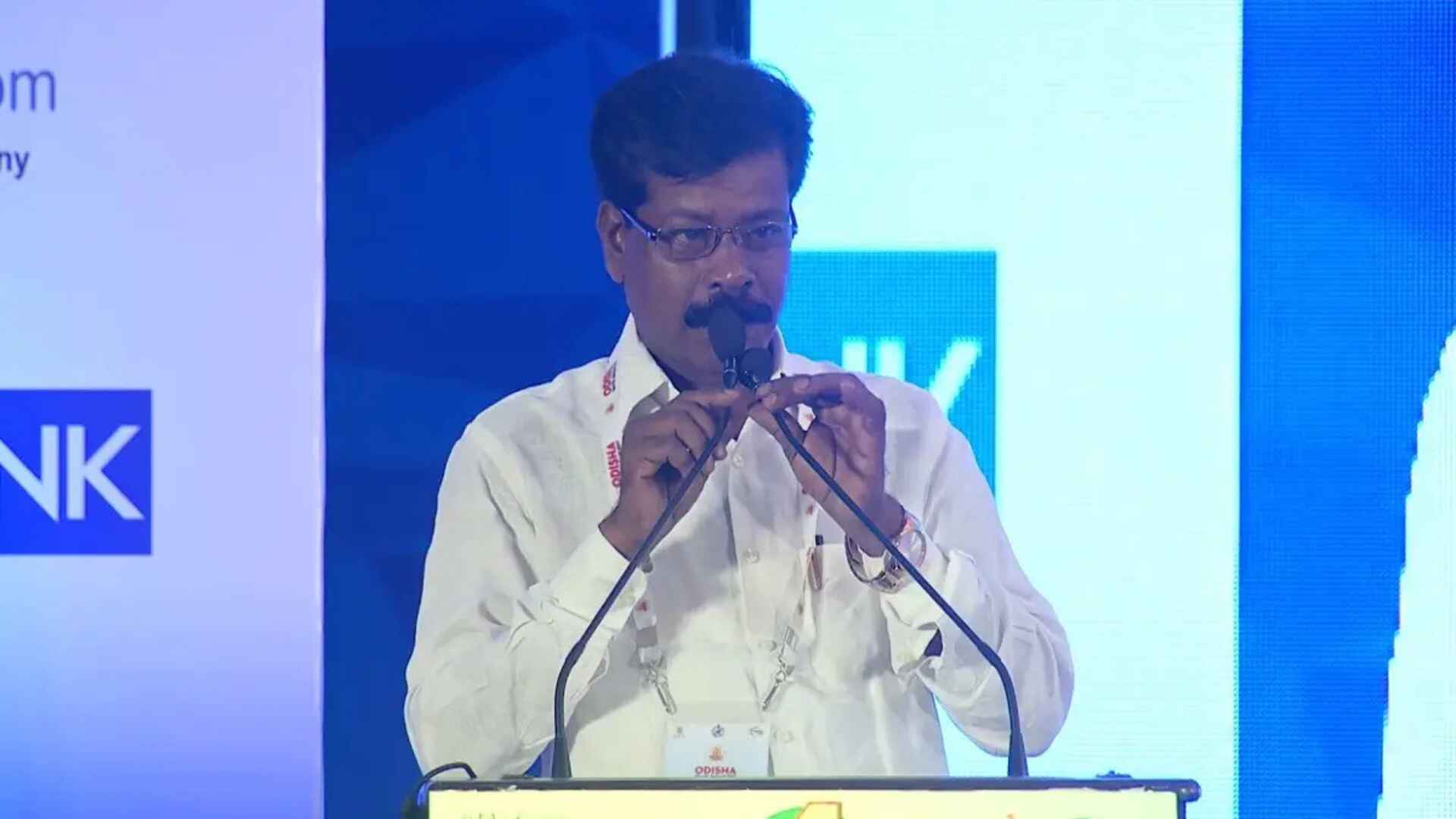The fugitive diamond dealer Nirav Modi had his appeal against extradition to India rejected by a British court on Wednesday.
Nirav Modi, who is sought in India on suspicion of money laundering and fraud, had his appeal rejected by the High Court of London (United Kingdom) on Wednesday. In the Rs 13,500 crore PNB scandal, Nirav Modi, one of the main suspects, had left India. He lost his appeal after arguing for reasons related to his mental health that he should not be extradited.
“No features of psychotic disease,” the High Court’s bench of Justices Stuart Smith and Robert Jay said.
“Nirav Modi neither is nor is very likely to be at the most severe end of the scale of depressive disorder,” the court said, rejecting the assertions made by Nirav Modi’s attorney that his client will commit suicide as a result of severe depression.
“He has so far displayed no features of psychotic illness. Although he has exhibited persistent suicidal ideation, he has neither attempted suicide or deliberate self-harm nor disclosed plans to do so, except in the most vague and general way,” the court said.
The High Court took note of the actions taken to make Barrack 12 secure and to guarantee that there is constant, effective supervision to lower the danger of attempted suicide as well as the likelihood of suicide being committed.
The appellant, Nirav Deepak Modi, is wanted by the Indian government, the court stated.
The High Court took note of the several criminal cases that were before it. The first complaint, filed by the Central Bureau of Investigation (“the CBI”), concerns a fraud against the Punjab National Bank that resulted in losses totaling more than £700 million. The second lawsuit, filed by the Enforcement Directorate (often known as “the ED”), concerns the purported laundering of the fraud’s proceeds.
While, as we have said, the arrangements cannot entirely eliminate the risk of suicide, that is not the test. The starting point is that a high threshold has to be reached in order to satisfy the court that Mr (Nirav) Modi’s condition is such that it would be oppressive to extradite him. As we have said, the arrangements that will be in place, which have been the subject of assurances in response to the concerns and promptings of those acting for Modi, are appropriate,” noted the court.
“That is in itself an indication that they will enable the authorities to cope properly with Mr. (Nirav) Modi’s condition and the risk of suicide. On the assumption that the arrangements are put into place in accordance with the GoI’s assurances, the residual risk is, in our judgment, greatly reduced,” said the bench.
Last year, Nirav Modi filed a High Court petition opposing Westminster Magistrate Court District Judge Sam Goozee’s decision in favour of extradition. At this time, he is being held in southeast London’s Wandsworth Prison.













